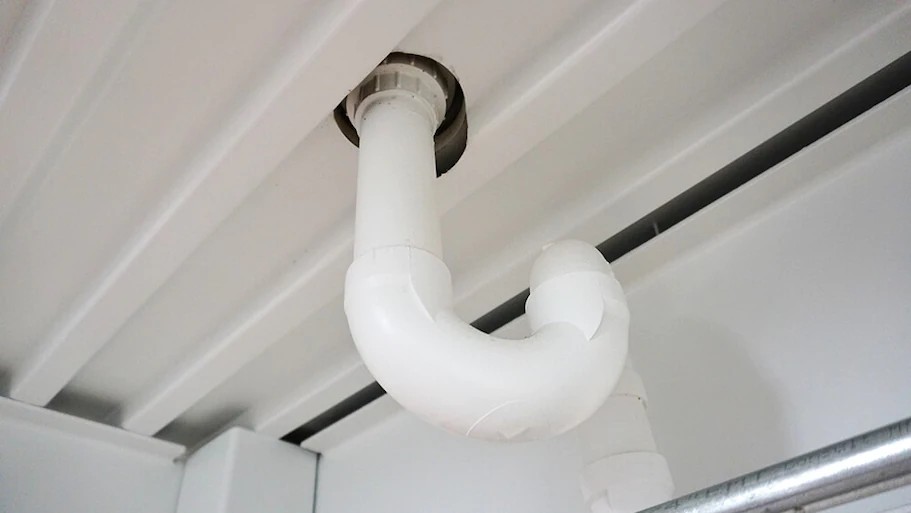Washing is one of the basic activities in any given household, but it may seem awkward when you start smelling bad. You are not alone when wondering, “why do I smell sewer gas when I do laundry?” You will be surprised how common this awful experience really is. This article will examine the possible causes of this problem and offer analysis from professionals, such as Pleasant Hill’s Trenchless Solutions.
Understand Sewer Gas
Methane and carbon dioxide represent the main composition of sewage gas. The same is true in case of hydrogen sulphide and ammonia. The fragrance of this combo is like spoiled eggs. When washing clothes, this smell could mean there’s a plumbing problem with sewer gas and laundry.
Common Causes
Dry P-traps generate sewer gas smell when washing. P-traps store water to keep sewage gases out of your home. A dry P-trap can release sewage gas down drains, generating the smell. Sewer professionals commonly reference this.
Vent Pipe Blockage
According to Trenchless Soutions in Pleasant Hill vent pipes are responsible for maintaining the air pressure in the plumbing system, allowing wastewater to flow freely and easily. If the same pipes are blocked or damaged, sewage gases can therefore back up into your house, especially if you run water or use appliances such as your washing machine. Trenchless Solutions advises keeping vent pipes free to avoid such concerns.
Blocked Drains
Clogged drains may also cause problems. Hair, soap scum, and lint may clog pipes over time. Blockages might release sewage gasses into your laundry room. This may be avoided with regular cleaning and maintenance. Clogged drains may explain why do I smell seage when I do laundry?
Poor Plumbing Installation or Damage
According to Trenchless Soutions pipe deterioration or poor installation can cause sewage gas leaks. Examples include broken pipes and connectors. A faulty plumbing system might leak sewage gas into your home. This worries sewer experts.
Leaky Seals
Your washing machine and connectors feature leak-proof sealing. Seals may wear out or break, letting sewage gas escape. Regular seal inspection and maintenance may reduce this issue. According to sewer experts leaky seals produce sewage gas odors in laundry rooms.
Laundry Room Location
The presence of sewage gas while doing laundry might also be influenced by where your laundry room is located. Your laundry room may be more prone to odors if it is situated close to the main sewer line in your house, particularly if there are plumbing problems already. Routine inspections may spot and fix issues before they escalate. Sewer specialists advise this proactive strategy.
Safety Steps
Clean and properly operate drains and vents to avoid sewer gas smells. Keep P-traps full by running water through seldom used drains. Drain covers also decrease debris. Anyone with sewer gas or laundry troubles needs this guidance.
Professional Check-up
If you can’t identify the sewage gas smell, call a professional. Sewer specialists say a qualified plumber may find hidden abnormalities that the untrained eye cannot. They can also fix or replace. Trenchless Solutions in Pleasant Hill provides such services and skilled advice.
Conclusion
Smelling sewage gas when washing laundry is unpleasant and may signal plumbing concerns. Know the reasons and take preventative actions to keep your house smelling fresh and sewage gas-free. If the issue continues, call Trenchless Solutions in Pleasant Hill for experienced guidance and support.
You may also like
-
Discover Professional Decluttering and Home Organizing Services in Vancouver
-
10 Facts related to cockroaches – Why you need pest control?
-
Transform Your Outdoor Spaces with Professional Landscaping in Ohio
-
Home Elevator Safety in Canada: What Homeowners Must Consider
-
How a Home Lift Can Help Relieve Pressure for Family Caregivers

